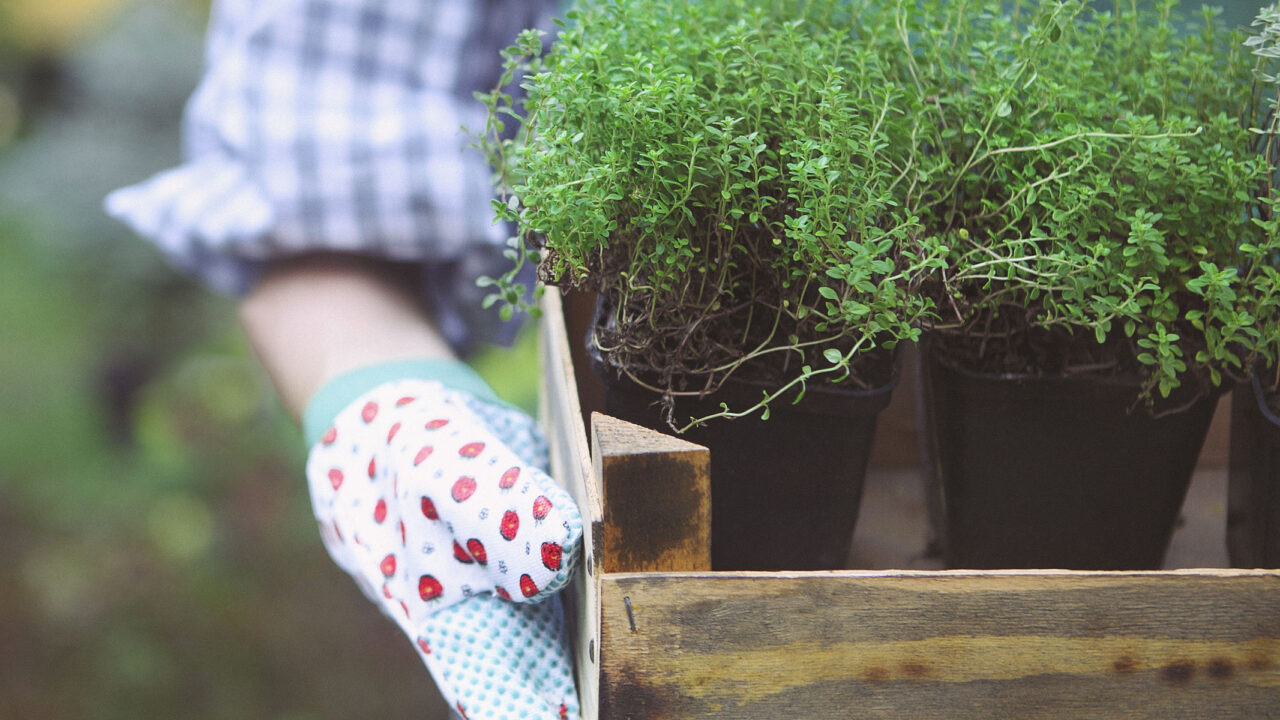Characteristics
| Hardiness zone | 9b |
|---|---|
| Foliage type | evergreen |
| Plant form | spreading |
| Mature height | 3 feet |
| Spread | 4 feet |
| Light requirements | partial shade to shade |
| Moisture requirements | average to moist |
| Plant origin | hybrid |
Houston's favorite garden center devoted to Texas native plants and organic gardening.
Botanical name: Philodendron ‘Winterbourn’
A dense, low spreading tropical plant with deeply dissected, lobed green leaves that are glossy; foliage arches downward from long upright petioles; flowers rarely; great for indoor containers as a tropical accent.
Other names: Winterbourn Philodendron
| Hardiness zone | 9b |
|---|---|
| Foliage type | evergreen |
| Plant form | spreading |
| Mature height | 3 feet |
| Spread | 4 feet |
| Light requirements | partial shade to shade |
| Moisture requirements | average to moist |
| Plant origin | hybrid |
Xanadu Philodendron's attractive glossy lobed leaves remain green in color throughout the year. The flowers are not ornamentally significant.
This is a dense herbaceous evergreen houseplant with a spreading, ground-hugging habit of growth. This plant should not require much pruning, except when necessary to keep it looking its best.
When grown indoors, Xanadu Philodendron can be expected to grow to be about 3 feet tall at maturity, with a spread of 4 feet. It grows at a fast rate, and under ideal conditions can be expected to live for approximately 10 years. This houseplant performs well in both bright or indirect sunlight and strong artificial light, and can therefore be situated in almost any well-lit room or location. It prefers to grow in average to moist soil. The surface of the soil shouldn't be allowed to dry out completely, and so you should expect to water this plant once and possibly even twice each week. Be aware that your particular watering schedule may vary depending on its location in the room, the pot size, plant size and other conditions; if in doubt, ask one of our experts in the store for advice. It is not particular as to soil type or pH; an average potting soil should work just fine. Be warned that parts of this plant are known to be toxic to humans and animals, so special care should be exercised if growing it around children and pets.
There are many factors that will affect the ultimate height, spread and overall performance of a plant when grown indoors; among them, the size of the pot it's growing in, the amount of light it receives, watering frequency, the pruning regimen and repotting schedule. Use the information described here as a guideline only; individual performance can and will vary. Please contact the store to speak with one of our experts if you are interested in further details concerning recommendations on pot size, watering, pruning, repotting, etc.
